 Source: bing.com
Source: bing.comIntroduction
Predictive analytics is the use of statistical algorithms and machine learning techniques to identify the likelihood of future outcomes based on historical data. With the advent of Artificial Intelligence (AI), predictive analytics has become more sophisticated and accurate than ever before. AI-enabled predictive analytics is transforming the way businesses make decisions by providing insights into future trends, identifying patterns, and creating actionable recommendations.
What is AI Technology?
 Source: bing.com
Source: bing.comAI technology is the simulation of human intelligence processes by machines, especially computer systems. It involves the development of algorithms and computer programs that can perform tasks that typically require human intelligence, such as visual perception, speech recognition, decision-making, and language translation. AI technology has emerged as a game-changer in predictive analytics, providing businesses with a competitive edge.
Benefits of AI for Predictive Analytics
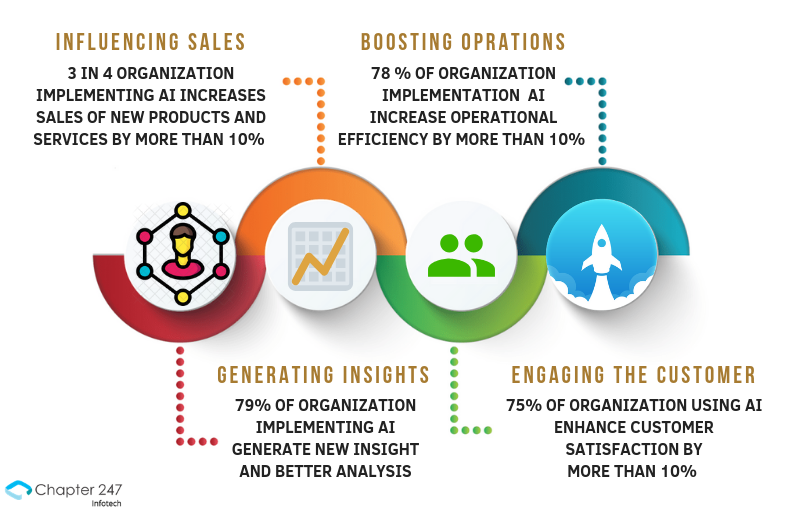 Source: bing.com
Source: bing.comThe benefits of using AI for predictive analytics are numerous. Here are some of the most significant:
1. Improved Accuracy
 Source: bing.com
Source: bing.comAI algorithms can analyze vast amounts of historical data and identify patterns that humans may not be able to detect. This leads to more accurate predictions and better decision-making. AI is particularly useful in predicting complex and dynamic outcomes that involve multiple variables.
2. Faster Insights
 Source: bing.com
Source: bing.comAI technology can process large volumes of data in a fraction of the time it would take humans. This means that businesses can get real-time insights into customer behavior, market trends, and other critical factors that can impact their bottom line. Faster insights mean faster decision-making, which is essential in today’s fast-paced business environment.
3. Cost Savings
 Source: bing.com
Source: bing.comAI technology can automate many tasks that previously required human intervention. This includes data cleansing, data integration, and data analysis. By automating these tasks, businesses can save time and money, and free up employees to focus on more strategic activities.
4. Personalization
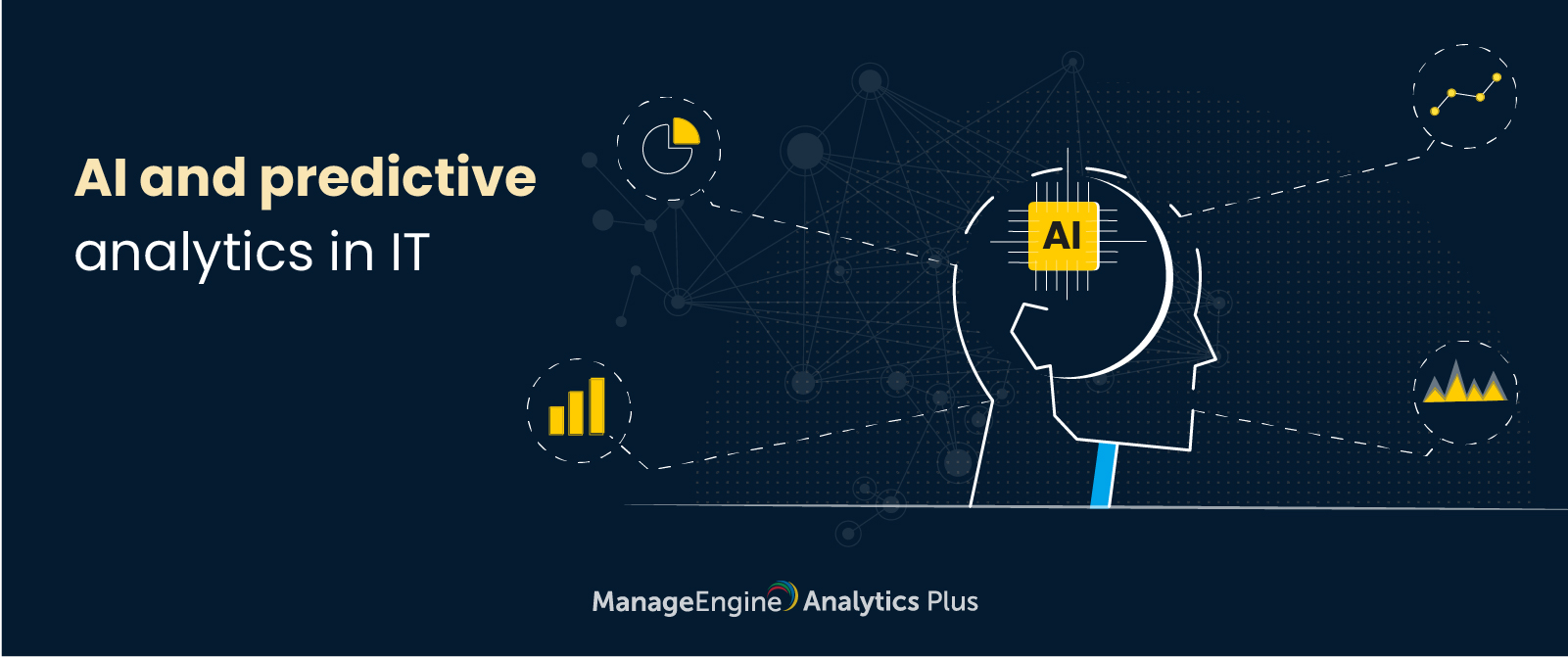 Source: bing.com
Source: bing.comAI technology can analyze customer data and provide personalized recommendations based on their preferences and behavior. This leads to a better customer experience and increased customer loyalty.
5. Scalability
 Source: bing.com
Source: bing.comAI technology can scale to handle large volumes of data and complex algorithms. This means that businesses can use AI-enabled predictive analytics to analyze data from multiple sources and make decisions based on comprehensive insights.
Examples of AI-enabled Predictive Analytics
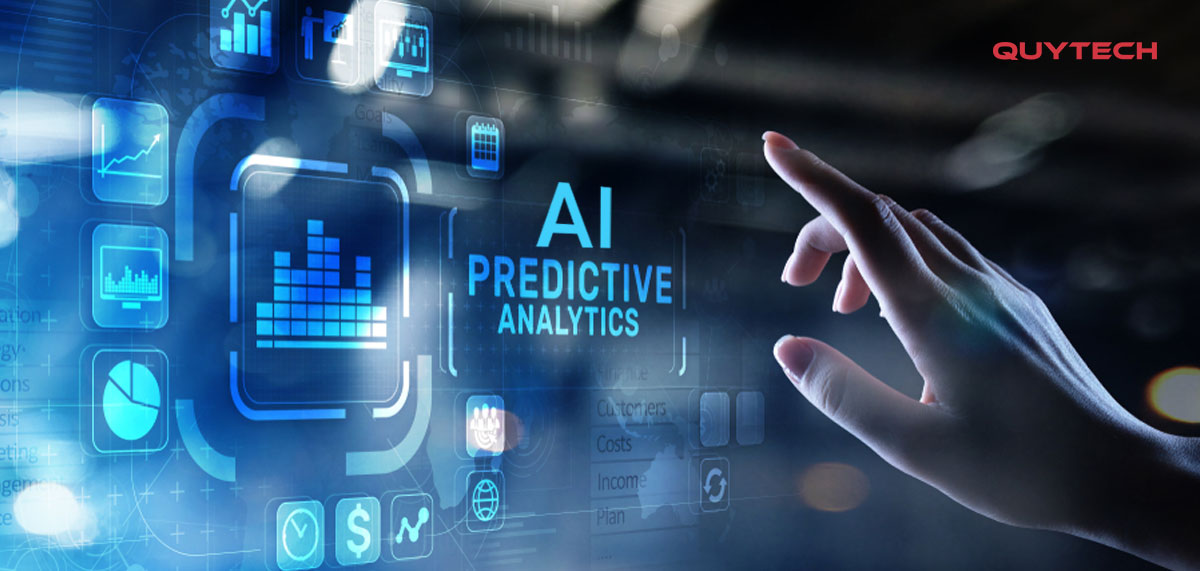 Source: bing.com
Source: bing.comHere are some examples of AI-enabled predictive analytics:
1. Fraud Detection
 Source: bing.com
Source: bing.comAI algorithms can analyze historical data to identify patterns that may indicate fraudulent activity. This can help businesses prevent fraud before it occurs and minimize losses.
2. Inventory Management
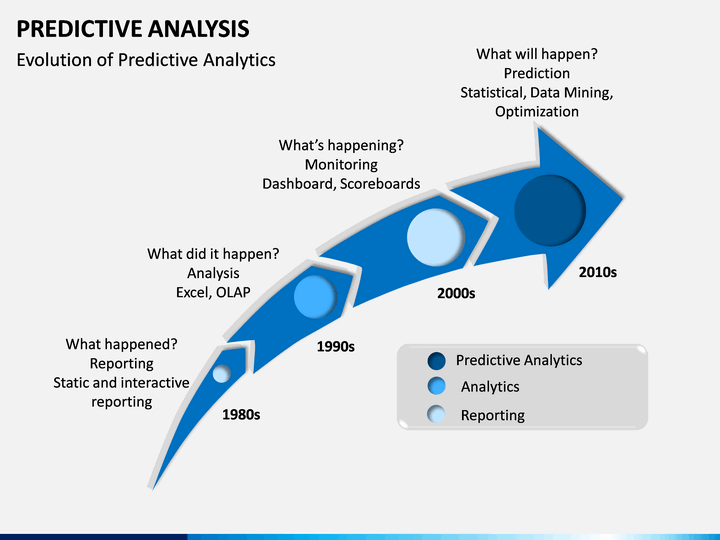 Source: bing.com
Source: bing.comAI-enabled predictive analytics can help businesses optimize their inventory levels by predicting demand patterns and adjusting inventory levels accordingly. This can lead to better cash flow and reduced inventory costs.
3. Predictive Maintenance
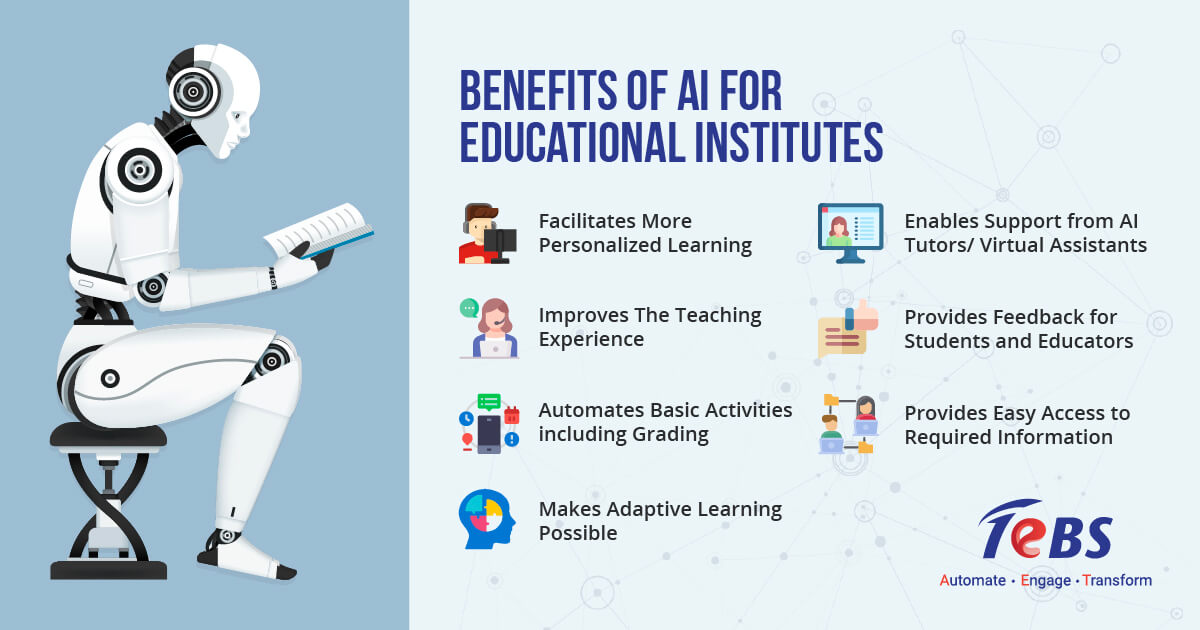 Source: bing.com
Source: bing.comAI algorithms can analyze sensor data from machinery to predict when maintenance is required. This can help businesses avoid costly downtime and equipment failures.
Conclusion
AI-enabled predictive analytics is transforming the way businesses make decisions by providing insights into future trends, identifying patterns, and creating actionable recommendations. The benefits of using AI for predictive analytics are numerous, including improved accuracy, faster insights, cost savings, personalization, and scalability. Examples of AI-enabled predictive analytics include fraud detection, inventory management, and predictive maintenance. As AI technology continues to evolve, businesses that embrace AI-enabled predictive analytics will be better positioned to succeed in the future.